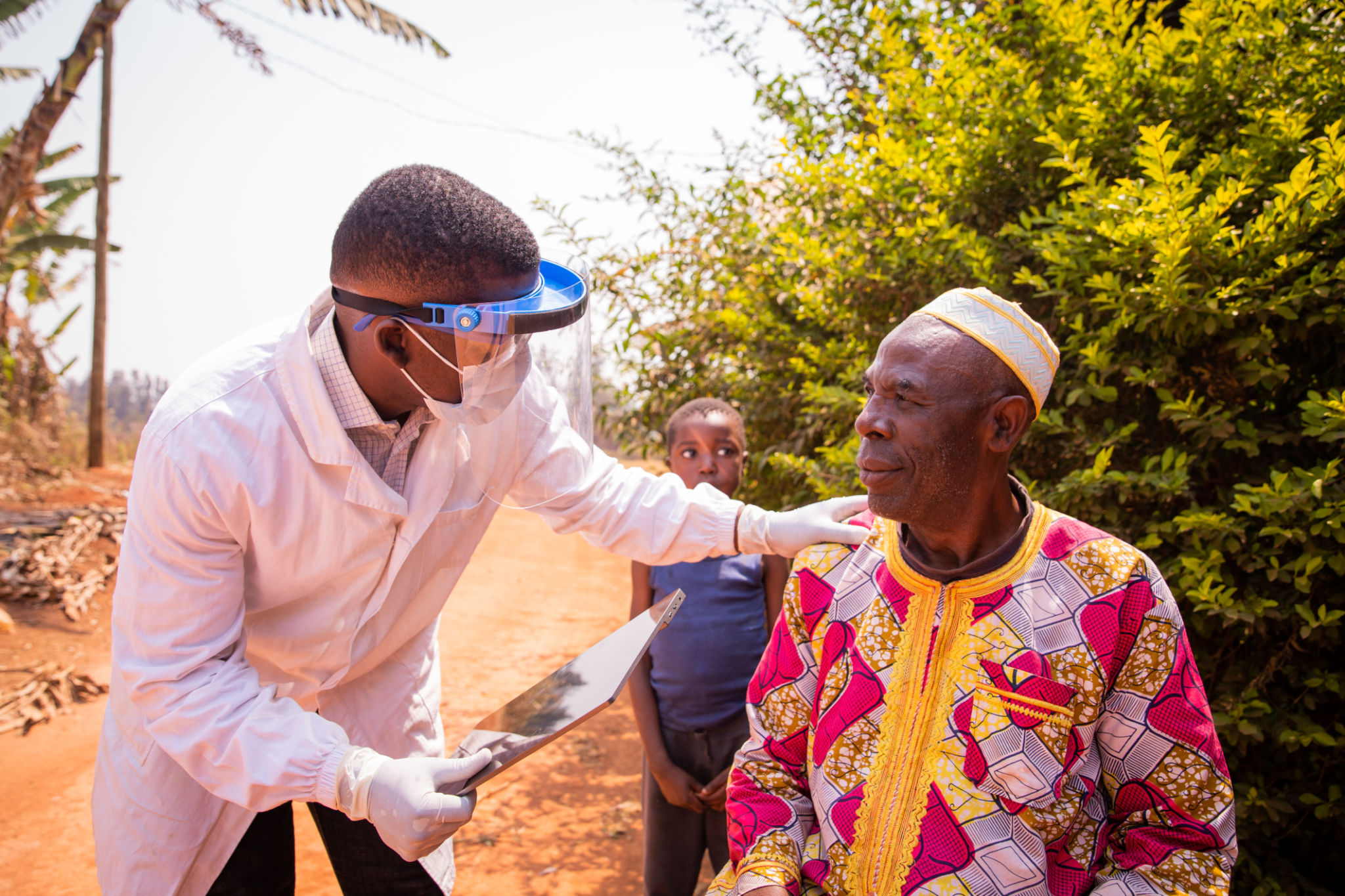Understanding Community Health Needs in Africa: A Comprehensive Guide
PH
Introduction
Understanding community health needs in Africa is crucial for developing effective healthcare strategies and improving the overall quality of life on the continent. With a diverse range of cultures, climates, and economic conditions, Africa presents unique challenges and opportunities in the field of public health. This guide provides a comprehensive overview of the key factors influencing community health needs in Africa.

Socioeconomic Factors
Socioeconomic conditions play a significant role in determining health outcomes in African communities. Factors such as income level, education, and employment opportunities can greatly impact access to healthcare services. In many regions, poverty limits access to basic healthcare facilities, leading to higher rates of preventable diseases. Efforts to improve education and economic opportunities can have a positive effect on community health.
Education and Awareness
Education is a powerful tool in improving health outcomes. Communities with higher literacy rates often experience better health due to increased awareness about hygiene, nutrition, and disease prevention. Initiatives that focus on educating communities about health risks and prevention strategies can lead to significant improvements in public health.
Environmental Health Concerns
The environment plays a critical role in the health of African communities. Issues such as inadequate sanitation, water scarcity, and pollution contribute to the spread of infectious diseases. Addressing these environmental challenges requires a multifaceted approach that includes infrastructure development and community education.

Water and Sanitation
Lack of access to clean water and proper sanitation facilities is a major health concern in many African communities. Contaminated water sources are a breeding ground for diseases such as cholera and typhoid fever. Efforts to improve water quality and sanitation infrastructure are essential for reducing the incidence of waterborne illnesses.
Healthcare Infrastructure
Healthcare infrastructure in Africa varies widely between regions, with many areas lacking adequate facilities and trained personnel. Improving healthcare delivery requires investment in both physical infrastructure and human resources. Programs that aim to train healthcare professionals and equip healthcare centers with necessary medical supplies are vital for meeting community health needs.

Access to Healthcare Services
Access to healthcare services is often limited by geographical barriers, particularly in rural areas. Mobile clinics and telemedicine are innovative solutions that can help bridge the gap between remote communities and healthcare providers. These approaches bring essential services directly to those who need them most, enhancing healthcare accessibility.
Cultural Influences on Health
Cultural beliefs and practices have a significant impact on health behaviors and attitudes toward healthcare in African communities. Understanding these cultural dynamics is essential for developing effective health interventions that respect local traditions while promoting positive health outcomes.
Incorporating traditional medicine and community leaders into health programs can improve acceptance and effectiveness of medical interventions. Strategies that integrate cultural sensitivity with modern healthcare practices are more likely to succeed in addressing community health needs.